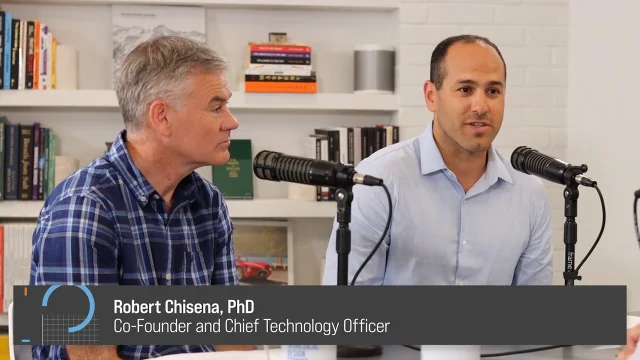

Click for sound
0:26
FeaturedDr. Robert Chisena & Sean Gilligan from Amplitude Vascular Systems
On this episode of Design Build Launch. Matthew Boyd and Brian Johnson are joined by Dr. Robert Chisena and Sean Gilligan from Amplitude Vascular Systems. They discuss AVS’ approach to intravascular lithotripsy, their Pulse IVL™ technology, and more.
%20-%20Tint%20100.png?width=106&name=Logo%20-%20Standard%20-%20Blue%20(270%20x%20149)%20-%20Tint%20100.png)




